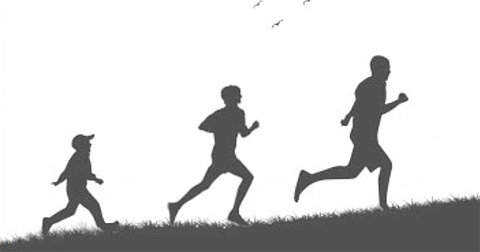Low Socioeconomic Status in Childhood Increases Risk of Metabolic Syndrome in Adulthood
The multicentre study coordinated by the Research Centre of Applied and Preventive Cardiovascular Medicine at the University of Turku shows that socioeconomic status in childhood increases the risk of metabolic syndrome in adulthood.

A quarter of adults in welfare states have metabolic syndrome which is a clustering of heart disease risk factors. Overweight, high blood glucose, high blood pressure, dyslipidemia and insulin resistance are components associated with metabolic syndrome. The syndrome increases the risk of type 2 diabetes and cardiovascular diseases.
Previous studies on adults have shown that socioeconomic status is linked with metabolic syndrome. However, the effect of childhood socioeconomic status on metabolic syndrome has not been previously studied with large, longitudinal data.
The study is part of the national Cardiovascular Risk in Young Finns Study coordinated by the Research Centre of Applied and Preventive Cardiovascular Medicine at the University of Turku.
The study followed 2,250 individuals, who were 3–18-year-old at the beginning of the study, for 27–31 years. Socioeconomic status in childhood was measured by the parents’ income and its connection to the incidence of metabolic syndrome and its components, as well as impaired fasting glucose (IFG) and type 2 diabetes was studied.
– Lower socioeconomic status in childhood predicted a greater risk of developing metabolic syndrome in adulthood. The connection remained, even though the person's own socioeconomic status in adulthood was taken into account, says Doctoral Candidate Elina Puolakka.
– The results support the concept that differences related to parents’ socioeconomic status in childhood create the basis for health differences between population groups in adulthood, states Academy Professor Olli Raitakari.
The study will be published in the esteemed Diabetes Care journal. A pre-print version of the study is available online.
TK / SY
Photo: Young Finns Study